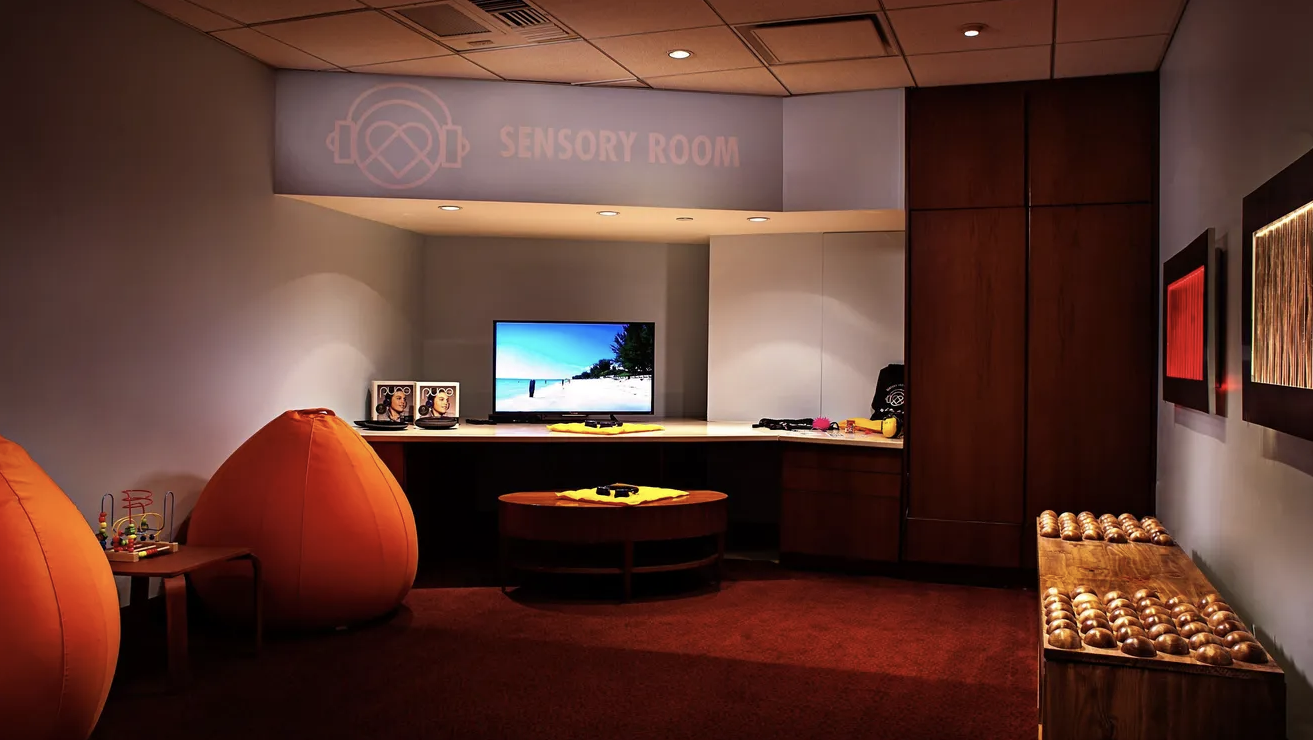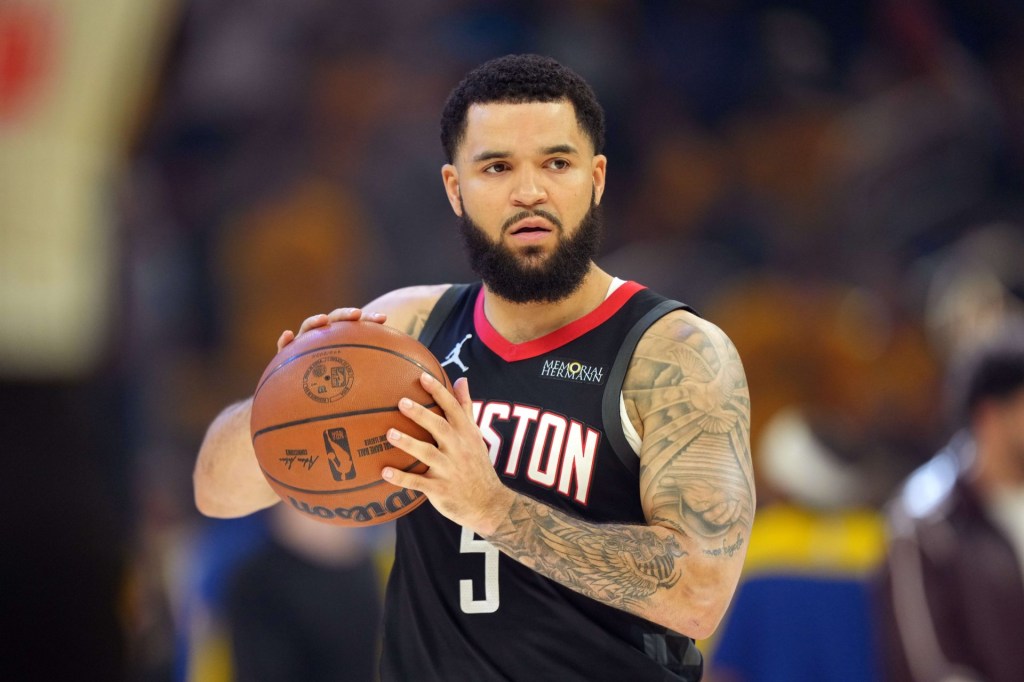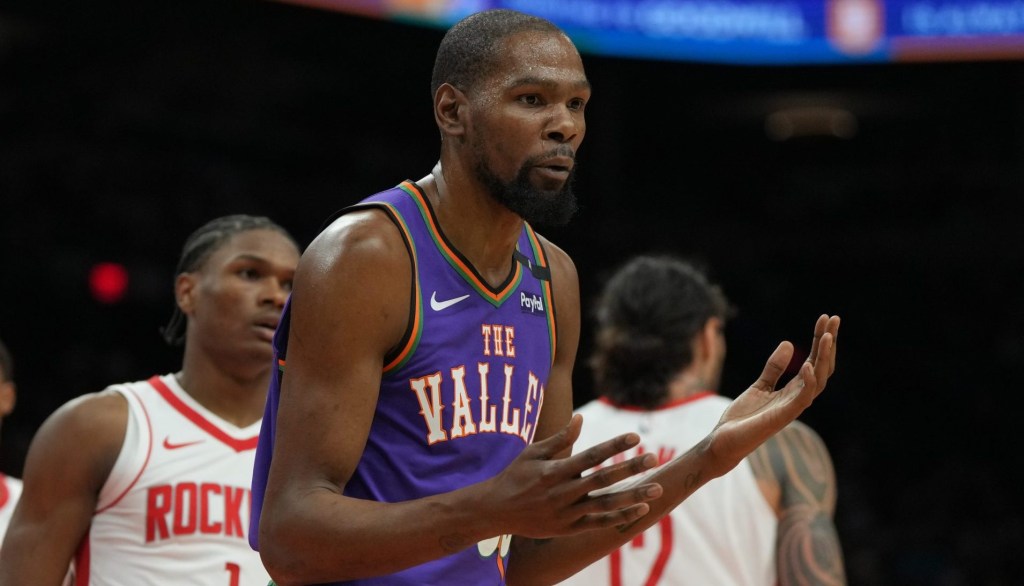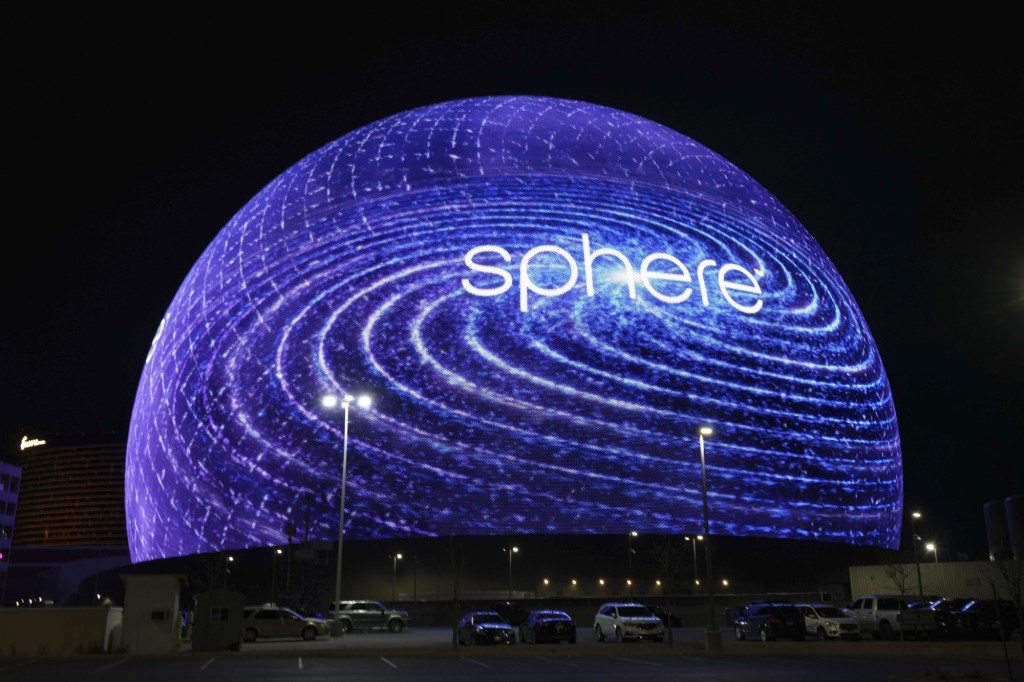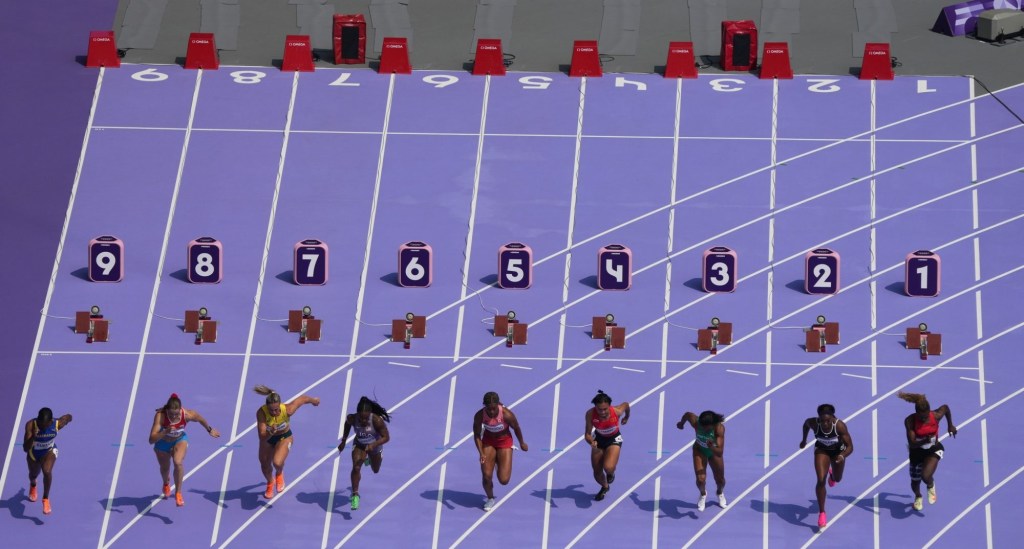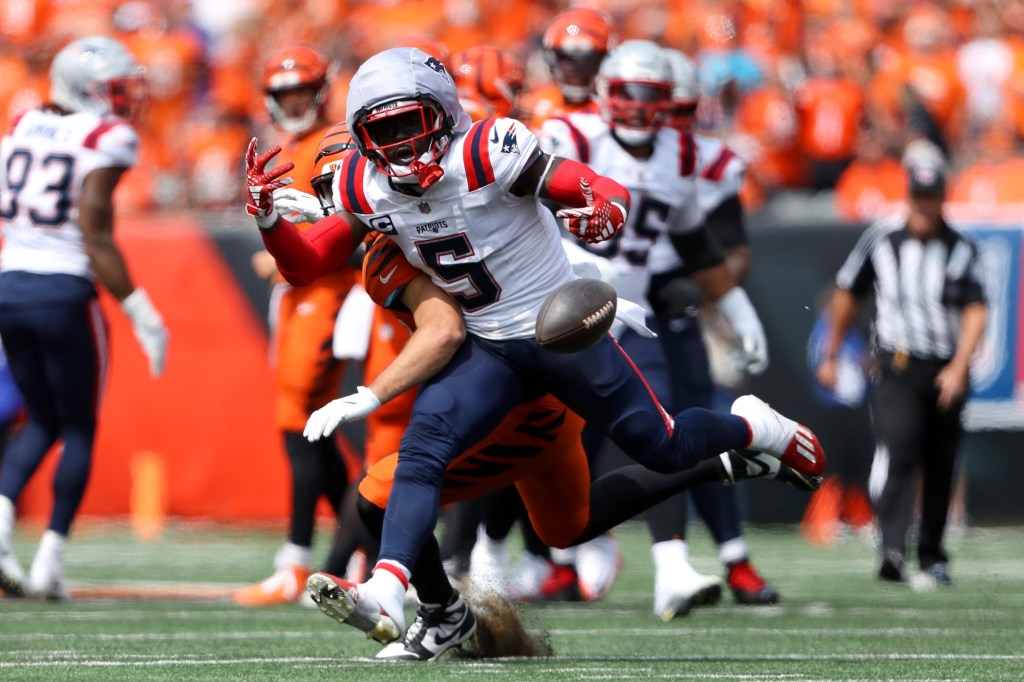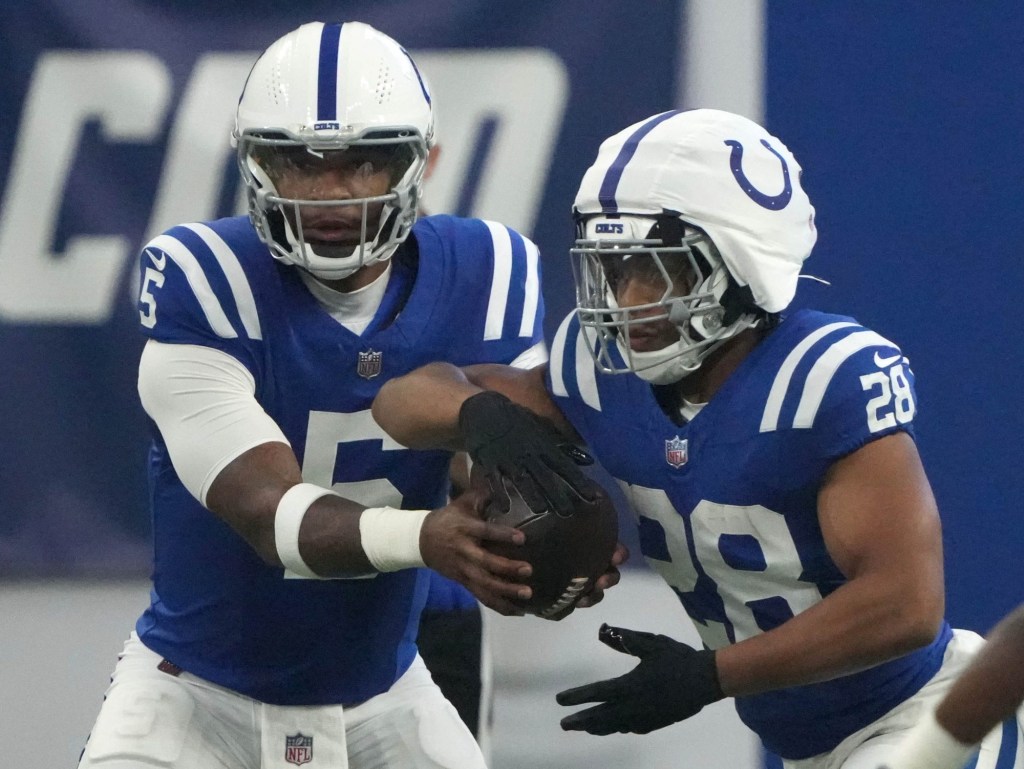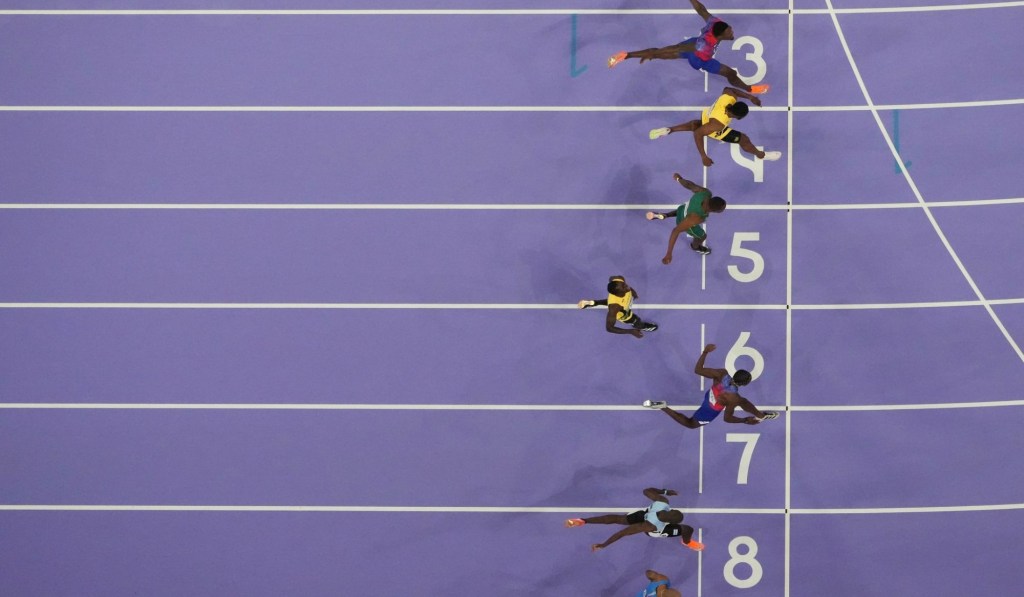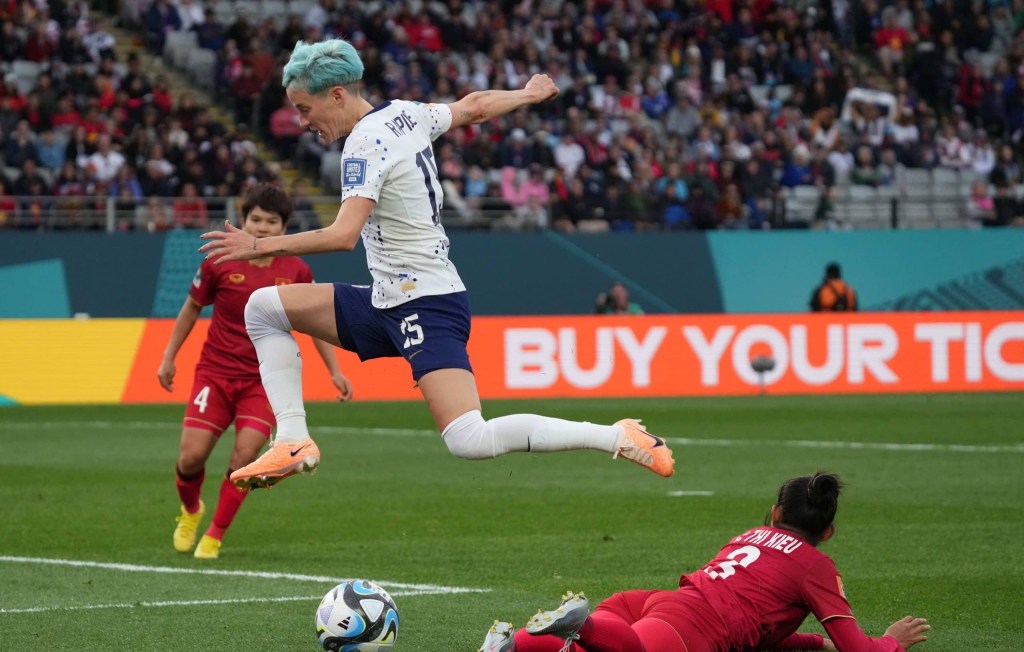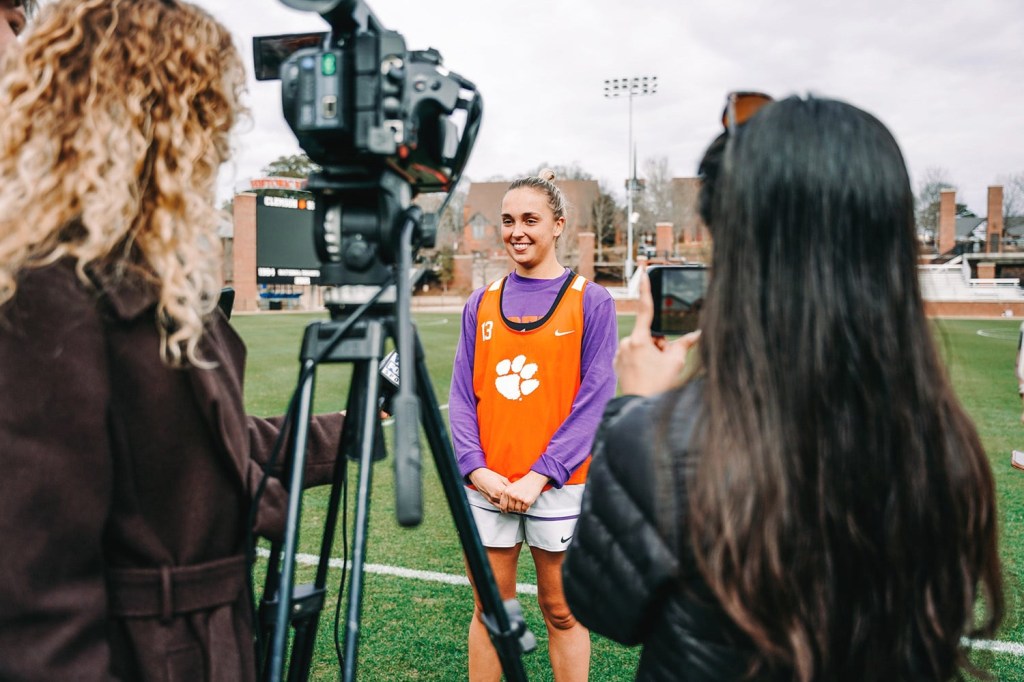KultureCity is looking to sports to further its mission of making the world a better place for those who suffer from sensory sensitivity.
The nonprofit helped make Rocket Mortgage FieldHouse the first certified sensory-inclusive arena in the United States. It also helped the Cavaliers’ esports team, Cavs Legion Gaming Club, make its Legion Lait Lit by TCP facility sensory inclusive.
Uma Srivastava, KultureCity’s chief operating officer, says that the Cavaliers and the NBA were the first sports entities to work with it on sensory inclusion. Before breaking into sports, KultureCity had become known for launching the Sensory Friendly Zoo Initiative with the Birmingham Zoo in Birmingham, Ala. The goals were to raise awareness of sensory processing disorders among zoo staffers and to promote inclusive experiences for visitors with SPDs.
Since its work with the Birmingham Zoo, KultureCity has established a formal partnership with the NBA and seen 23 teams incorporate the company’s training into their operations. Domestically, more than 65 clubs across MLB, MLS, the NHL, and NFL have formal partnerships with KultureCity. KultureCity also has overseas relationships with teams like the Geelong Cats (Australian Football League), Marvel Stadium in Melbourne, MLB London Series, and others.
“I think that the history from the last four or so years of us signing on multiple venues, being in over 550 venues and five countries just goes to show that the work we’re doing truly has an impact,” Srivastava said.
Unfortunately, KultureCity’s presence in sports came about through one family’s embarrassment and pain. In February 2016, Amy and Jeff Belles brought their son, Carson, to a Cleveland Monsters hockey game at the-then Quicken Loans Arena, home of the Cleveland Cavaliers.
It was Autism Awareness Night at the venue, and Amy was excited to experience it with Carson, who is nonverbal and non-vocal. To communicate, he uses a speech-generated mobile app called Proloquo2Go on an iPod Touch that has a Bluetooth speaker strapped to his chest. It sits on the outside of his clothing, allowing him to manipulate the screen and converse in full sentences.
As they went through security, Carson’s device set off the metal detector, making him feel flustered. Security personnel, who were not properly trained to recognize and address sensory concerns, yelled at Amy and Jeff to “get control of that kid,” according to Crain’s Cleveland Business.
“In the end, security did not understand his device and asked him to remove it,” Belles added. “Asking someone to remove their voice, it was very confusing. We really were left stripped of our dignity and feeling defeated and we hadn’t even gotten through security yet.”
READ MORE: MLB Turns To Girls To Drive Youth Baseball Interest
Following that difficult moment, Belles reached out to Quicken Loans via Twitter, but not before visiting guest services. “I told them what had happened, the incident, and how this should never happen again and how training of the staff would really go so far,” Belles said.
Sensory sensitivity is often associated by individuals with autism, dementia, post-traumatic stress disorder (PTSD), and other similar conditions. At Rocket Mortgage FieldHouse, part-time and full-time staff participated in KultureCity’s special training to learn how to better interact with sensory-sensitive spectators. Topics ranged from recognizing those with sensory needs to what strategies work well for better interactions with sensory sensitive guests.
Within months, arena officials began working with KultureCity to install a sensory room, train stadium staff, and make free-of-charge sensory kits available to visitors. Inside of the sensory kits, guests can enjoy items like fidget toys, weighted lap pads, and noise canceling headphones.
Inside, the Quiet Space Sensory room features relaxing paint tones, textured walls, and special seating and privacy isolated from Rocket Mortgage FieldHouse’s raucous atmosphere. There is also an exit and re-entry policy that allows individuals with sensory needs to leave the area with a specially designed ticket punch.
“It’s not about making a difference to millions of people. We’re just trying to affect one person at a time,” Antony Bonavita, the Cavaliers’ executive vice president of venue operations, said. “I know that we’re doing that and it feels pretty good and we’ve got to stay the course and make sure we’re staying up to date and current and we bring in KultureCity on an annual basis to ensure our trainings are where they need to be and just stay committed to it. It’s become part of our DNA now.”
Another venue that has been certified as sensory inclusive is the Golden State Warriors’ Chase Center. Phil Hastings, the Warriors’ vice president of guest experiences, began working with KultureCity before the Chase Center’s unveiling so the organization could be ready for the first sensory-sensitive guest to visit.
“We walk them in and we walk them through everything we have,” Hasting said. “They’re just blown away and they’re excited because now they know that they can come back to our facility and enjoy a concert of game or a special event because they have the opportunity, if they need to, to step away and feel quiet.”
READ MORE: Golf Majors Seek Boost In Female Coverage
The Toyota Center, home to the Houston Rockets, has also partnered with Kulture City. Leroy Fountain, the Rockets’ fan experience coordinator, learned that not every family could attend a Rockets game because one person had to stay home or remain with a family member who has sensory issues.
“What [KultureCity] does now for the Houston Rockets and the Toyota Center, it gives everybody an opportunity to come to the game,” Fountain said. “Whatever sensory issue you have, whether it’s PTSD, Parkinson’s, OCD, ADHD, it gives everybody an opportunity to come to the game and enjoy the entertainment.”
Srivastava is looking outside of pro sports to grow KultureCity’s mission of making the industry a more inclusive environment. Whether it is in local communities or Minor League Baseball towns, she sees no limits in how expansive KultureCity’s impact could be in sports.
Belles also believes that more can be done, but that KultureCity is helping address the issue of sensory inclusion. Four years ago this month, she and her family were walking out of Rocket Mortgage FieldHouse feeling dejected and spiritless. Three years later, Carson threw out the first pitch at a Cleveland Indians game.
“It was just so amazing to see how far and how welcoming people have become in our society,” Belles said. “We still have a long, long way to go, but we’re getting there. When you have a kid that finally gets a chance to go to a game, go out there on the field throwing a first pitch, how cool is that?”
